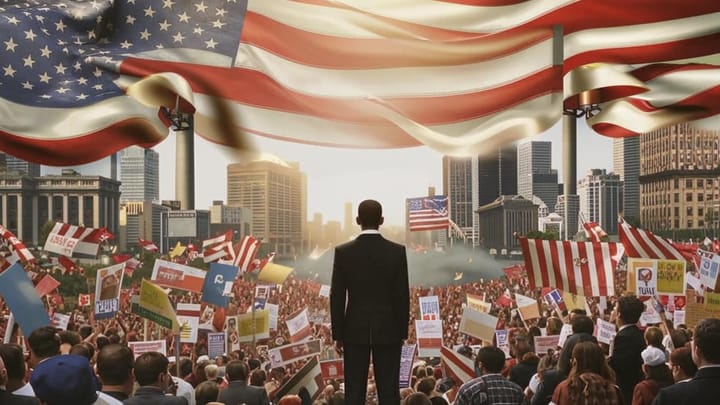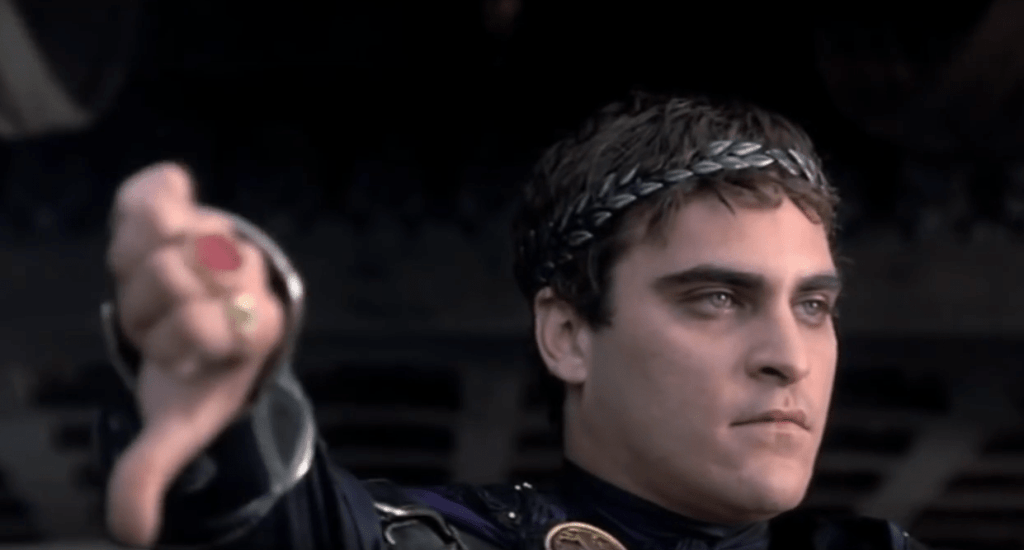Beauty and the Ballots
Explore how political preferences shape not only voting patterns but even perceptions of physical attractiveness in Beauty and the Ballots.

Text examines the influence of partisan bias on how we judge physical attractiveness, revealing that people tend to find those with opposing political views less attractive. Based on an experiment during the 2012 U.S. presidential election, the study uncovers significant gender differences and highlights the deeper implications of political identity extending beyond politics into our personal judgments and relationships.
Highlights:
1) Political preferences influence the perception of physical attractiveness. People rate others as less attractive if they support a candidate from the opposing party.
2) The effect of out-party repulsion is stronger than in-party attraction. Partisans are more likely to negatively evaluate those from the opposing party than to positively rate their own partisans.
3) Gender differences in the perception of political cues. Women are more likely to find individuals from their own party more attractive, whereas men primarily display negative reactions towards opponents without increasing their ratings for in-party members.
4) Political identity extends beyond the political sphere. Polarization affects even personal and social aspects of life, such as the perception of physical attractiveness.
5) Out-party repulsion is significant for interpersonal relationships. Political compatibility may influence initial attraction and decision-making in relationships.
The article “The Politics of Beauty: The Effects of Partisan Bias on Physical Attractiveness” was published in 2016 in the journal Political Behavior by Stephen P. Nicholson, Chelsea Coe, Jason Emory, and Anna Song. It explores how partisan preferences influence the perception of physical attractiveness during the 2012 U.S. presidential election.
The experiment was conducted as part of a nationally representative online survey, where participants were shown photos of people of the opposite gender and provided information about their political preferences (support for Obama or Romney). Participants then rated the physical attractiveness of the individuals on a seven-point scale. Groups were divided into those who received information about political preferences and those who did not (control group). The goal of the experiment was to test how political cues (support for one of the candidates) influence the perception of physical attractiveness.
The experiment is highly replicable, as it uses a standard online survey method widely accepted in the social sciences. It relies on random assignment of participants to control and experimental groups, minimizing bias and allowing the study to be reproduced with new data. However, the experiment was limited to two political figures and focused on one type of election (the 2012 U.S. presidential election), which might restrict the generalizability of the results to other contexts.
Criticism:
1) Sample limitations: The study relies on an online survey in the U.S., which limits its applicability to other cultures and political systems where partisan affiliation may play a lesser role in interpersonal evaluations.
2) Homogeneity of target individuals: Participants were shown only one male and one female image, limiting the ability to explore how partisan bias affects the perception of individuals with varying appearances.
3) Gender differences: While the study revealed interesting differences between men and women in how they respond to political cues, the reasons behind these differences were not deeply explored, leaving questions for future research.
4) Lack of data on sexual orientation: Since participants rated individuals of the opposite gender, the experiment does not account for the perception of physical attractiveness by individuals with different sexual orientations.
A Moment of Lady's Reflection
Here it is — yet another proof of how deeply blind loyalty to party banners has penetrated the human mind! This experiment is not just a game of likes and dislikes; it’s a metaphor for our era, where political bias literally erodes the ability to see each other as individuals. Isn’t it shameful that even something as basic as physical attractiveness is distorted by partisan ideology? And we still wonder why the world is spiraling into chaos when interpersonal judgments are shaped not by real qualities, but by whom you voted for in the last election.
We’re told to believe that we are free, that we have a choice. Yet, in the end, we judge people not by their intelligence, not by their kindness, but by the color of their party badge. Isn’t this a sign that society’s consciousness is enslaved? Politics invades the most intimate and personal aspects of life, leaving us as pathetic prisoners of party slogans. If we don’t learn to value each other for who we truly are, without dividing into “us” and “them,” then what is the point of all this "democracy"? It’s both funny and sad to see how such experiments reveal the true nature of our society — a society afflicted by political myopia.
This is why I’ve always said — freedom begins in the mind! And if we don’t free our minds from the shackles of party stereotypes, we will continue to judge each other by the ballots we cast, not by the human qualities that truly matter.



Comments ()